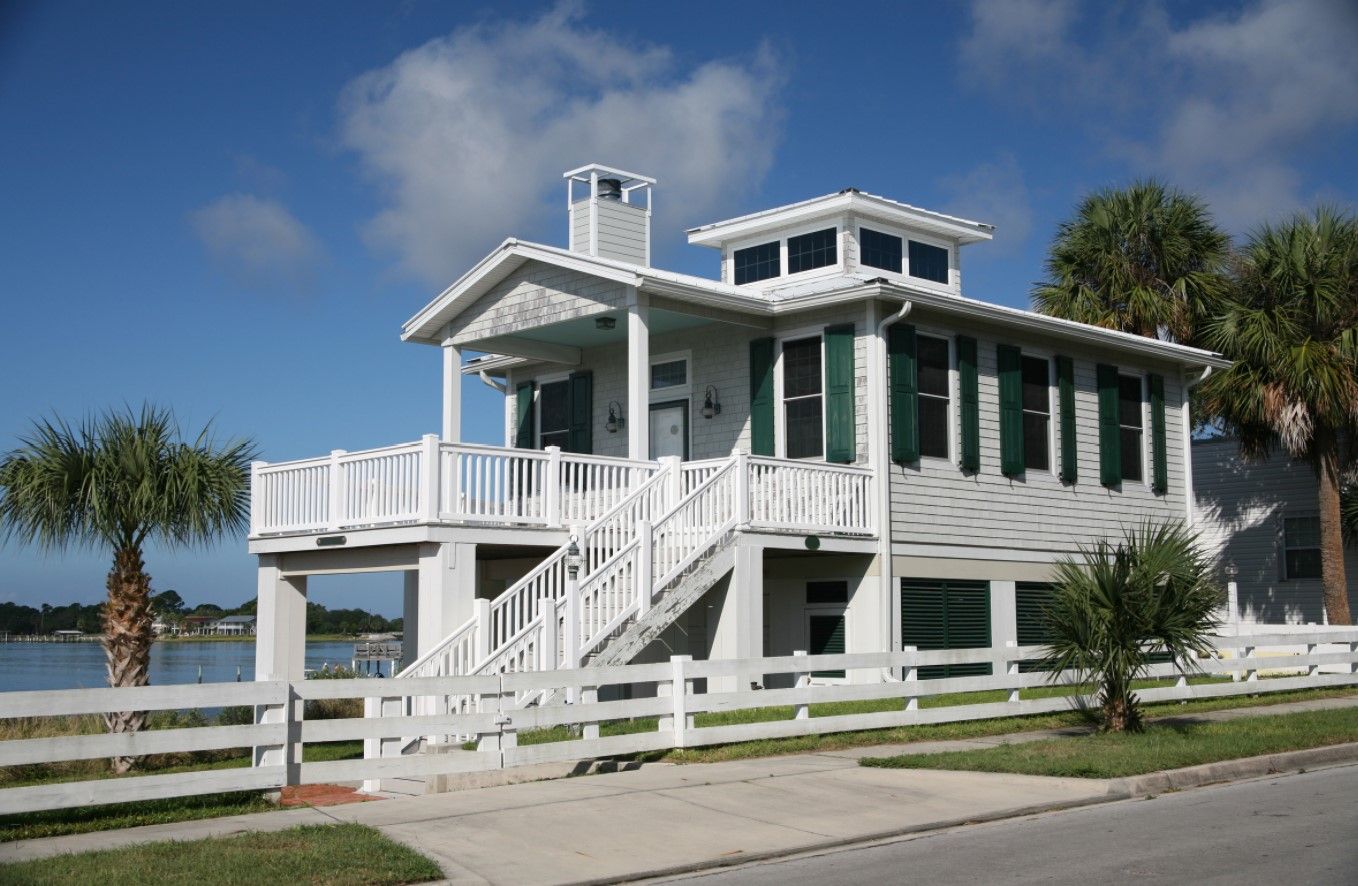The Rise of Fractional Homeownership: A Game-Changer or a Gimmick?
In today’s high-priced housing market, many would-be buyers are looking for creative ways to break in — or invest — without shouldering the full cost of a property.

People invest in second homes for myriad reasons. Sometimes they purchase it for rental income. Othes enjoy the tax benefits while still others simply want a place to get away from the grind. Whatever the motivation, second homes come with pleasures and headaches just like primary residences. Preliminary research, wise selection and competent management go a long way toward optimizing the assets and minimizing the problems. Key to any decision regarding such a purchase is logic: does buying make sense at any given time? Second homes are potentially profitable and often peaceful places of refuge. Yet the absentsee nature of ownership creates challenges.
Landlording from Afar
Managing a second home that is used for rental income raises a number of questions. Is the second home down the street or out of state? Is the owner aiming for the highest profit possible? If the property is far away, does the landlord notify the taxing authority, local police and fire company of the appropriate contact information in the event of routine and emergency notifications? Other considerations relate to the degree of personal attention the second home requires from the owner. A local property might be easier to supervise than one hundreds of miles away.
Just like the primary residence, an occupied second home needs regular maintenance. Plumbing gets clogged; carpet gets worn; furniture gets broken; and appliances break down. The frequency of problems arising may lead an owner-manager to farm out the supervision to a professional property manager. A local real estate broker is often a good source of referral -- there may even be a certified manager there in the office. Online research is another way to locate them. These specialists are knowledgeable and experienced in the stewardship of income properties. When contracting with property managers, owners must be clear about how the cost will cut into their bottom line as well as what degree of authority the manager may exercise. Also, keep in mind that property manager fees are higher in resort and vacation areas.
Financing a Second Home
Whether for revenue creation or personal use, a second home is treated differently by banks and mortgage companies than a primary residence. For one thing, lenders will nearly always charge higher interest rates on the money borrowed. This is because there is less existential need for a second home, making the collateral a riskier prospect. Banks also want a greater percentage of home values paid up front for the same reason. Furthermore, there should be significant owner-occupancy for at least part of the year. Otherwise, the collateral is treated as purely investment property, with an even sterner set of criteria. Meanwhile, sufficient insurance and title clearance are necessary to close as with any property conveyance.
Second Homes and Taxes
It is true that the mortgage interest deduction was lowered several years back but, unless the home values for second homes are in excess of $750,000, the full deduction is still available. Of course, the proportion of rental time versus personal occupancy affects the final numbers. Property tax is also deductible under IRS rules, though the deduction is capped at $10,000. Upon selling the property, owners can exclude up to a half-million dollars (if married) of capital gains from tax calculations.
Retirement
At the same time, the second home can serve also as a future primary residence when retirement beckons. It saves the owners the trouble of house-hunting while they put a primary residence on the market. Researching the costs of maintenance, tax implications and financing options are good first steps toward that end.